Coaching Deliverables
Coaching Deliverables
Coaching is a process of raising awareness and moving towards goals, based on asking high quality questions within a caring relationship.
Coaching is a process of raising awareness and moving towards goals, based on asking high quality questions within a caring relationship.
Coaching works on the basis that the client has all the resources needed to make any desired change. So, what, specifically, does a coach provide for a client?
1. Structure
The coach provides structure to enable the client to move along an effective path towards an appropriate outcome or resolution. GROW is one structure that coaches use. There are others, and master coaches develop and modify the structure of a coaching session in the moment.
2. Feedback
The coach provides high quality independent feedback with specific information – not personal opinions.
3. Perspective
The coach provides an external perspective on a situation, free from historical baggage and emotion.
4. Challenge
The coach will challenge the client to move away from ‘stuck’ states and entrenched beliefs and towards a desired change. The coach will challenge the client to operate at a higher level of thinking and raised self esteem.
5. Support
A coaching session should be a place of safety, where experiments can be tried and ideas discussed. As well as challenging clients, the coach will support them as they make changes.
It is a key skill to be able to maintain an optimum balance between challenge and support and thus achieve the optimum rate of progress. Take time out occasionally to check this with the client.
6. Validation
The coach validates the client by encouragement and acknowledgement and by giving the client permission to make changes.
7. Options
The coaching process helps the client to develop options and the coach encourages the client to generate more and better options.
8. Resources
The coach has a portfolio of tools to support the coaching process, as well as being able to recommend experts, books, web sites, assessment services, etc.
9. Experience
Coaches should avoid telling their clients what to do. However, they should recognise that their own experience is an asset and be prepared to draw on it where relevant. The coach should ‘offer’ suggestions or ask whether it would be helpful to give a personal example – be careful not to fall into ‘tell’ or ‘advise’ mode.
10. Knowledge
As with experience, the coach may have valuable knowledge. Use it to help the client learn – not to teach them.
Brefi Group Limited
Unit 11 BSC, Hood Road
Barry CF62 5QN
United Kingdom
Reg. No. 1669333
Copyright 2024 Brefi Group Limited. All Rights Reserved
